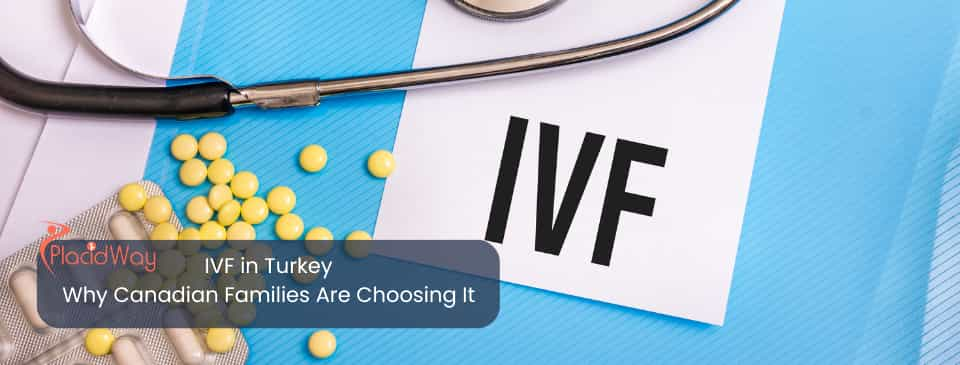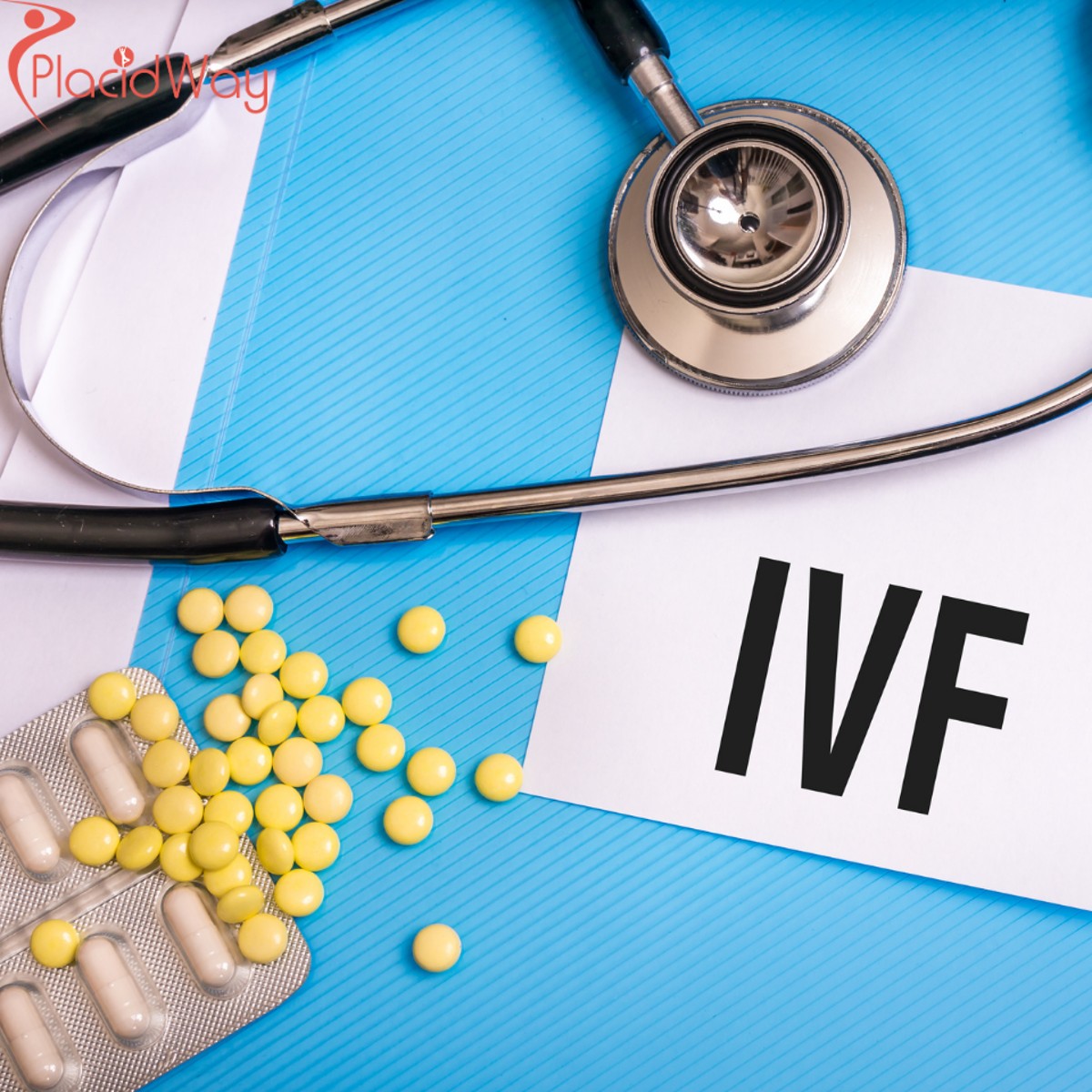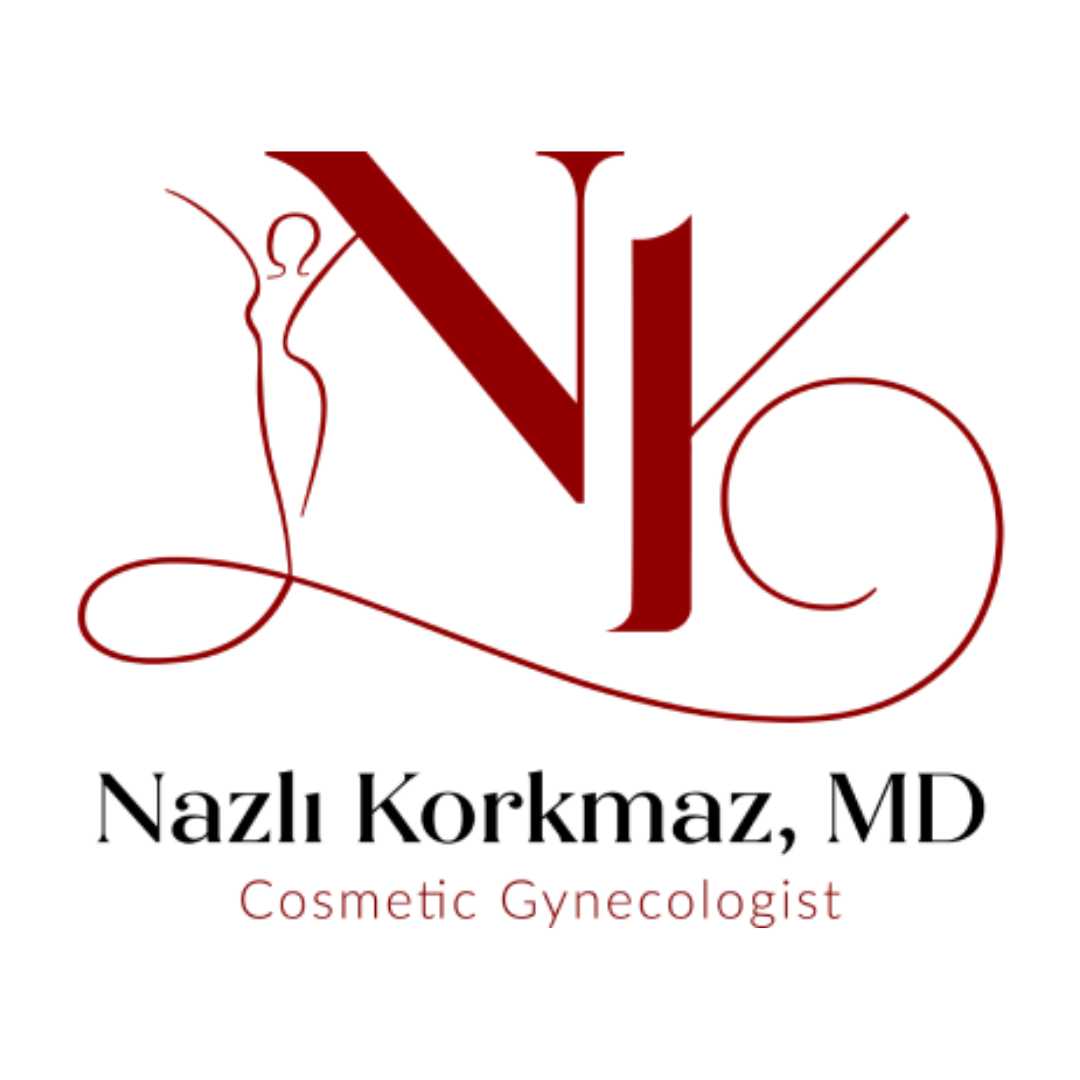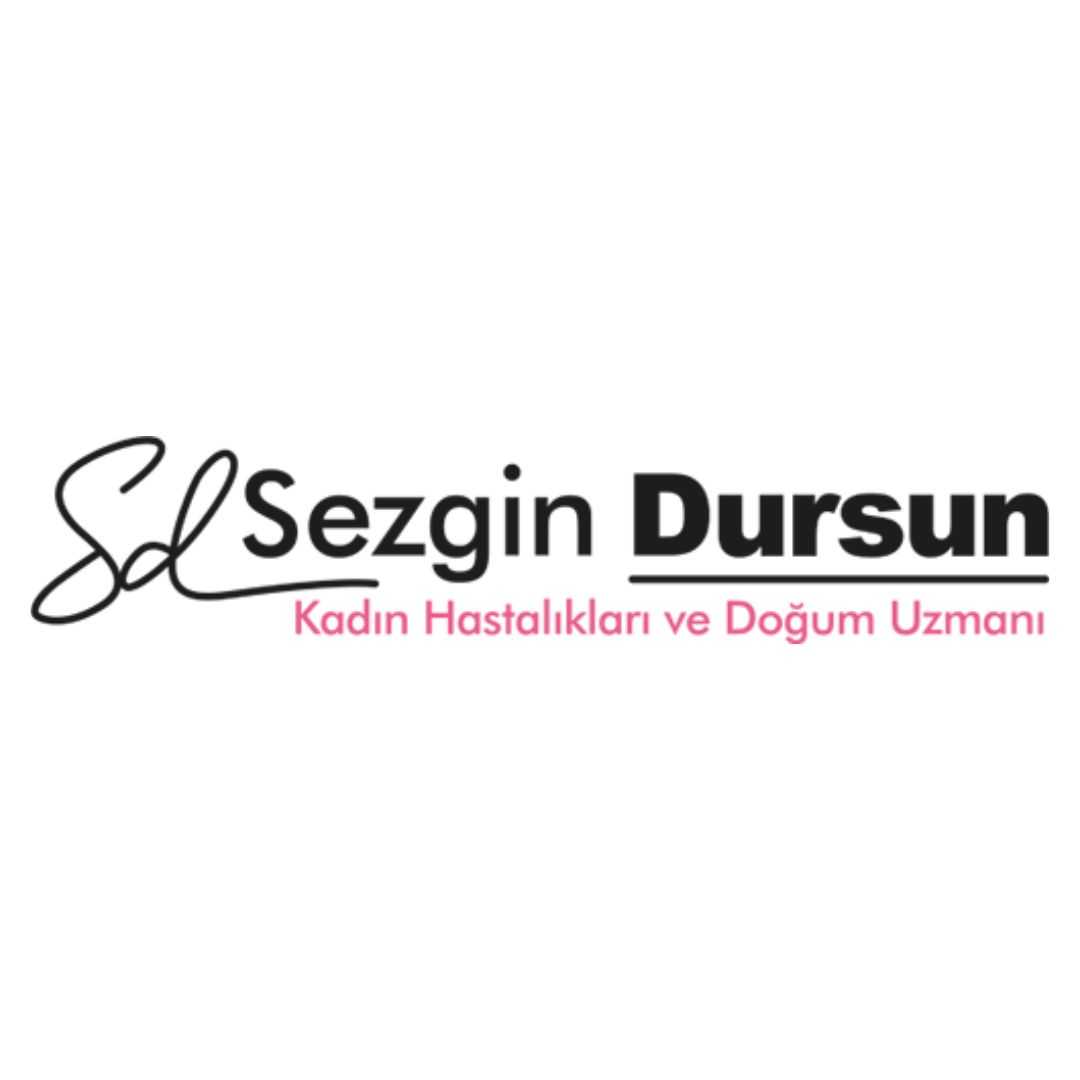
For many Canadian couples and individuals dreaming of starting a family, the path to parenthood can be fraught with emotional and financial challenges. In-Vitro Fertilization (IVF) offers a beacon of hope, yet the high costs in Canada, often exceeding $20,000 per cycle, can be a formidable barrier. This reality has led a growing number of aspiring parents to look beyond their borders, with Turkey emerging as a premier global destination for high-quality, affordable fertility treatment.
Turkey has strategically positioned itself as a center for excellence in reproductive medicine, combining world-class embryologists, cutting-edge technology, and success rates that rival top clinics in North America. The nation's unique blend of advanced medical care, all-inclusive packages, and significantly lower costs creates a compelling and accessible option for Canadians. This comprehensive guide will illuminate why Turkey has become a leading choice for IVF and what you need to know to embark on this life-changing journey.
Key Takeaways
-
Substantial Cost Savings: Canadians can save 60-70% on IVF treatments in Turkey. A single IVF cycle in Turkey often costs less than the medication alone in Canada.
-
High Success Rates: Top Turkish clinics report IVF success rates that are competitive with, and sometimes exceed, global averages, particularly in younger patient groups.
-
All-Inclusive Service: Many clinics offer packages designed for international patients, including treatment, medications, 4- or 5-star hotel accommodation, and all VIP airport and clinic transfers.
-
Cost of IVF in Turkey vs. Canada:
-
Standard IVF Cycle in Turkey: $3,500 - $5,000 USD (including medication)
-
Standard IVF Cycle in Canada: $10,000 - $20,000 CAD (plus $5,000-$8,000 for medication)
-
Egg Donation IVF in Turkey: $5,000 - $8,000 USD
-
IVF with ICSI in Turkey: Often included in the standard package price.
-
Understanding IVF: A Journey of Hope
In-Vitro Fertilization (IVF) is an advanced reproductive technology that involves fertilizing an egg with sperm outside the body, in a laboratory dish, before transferring the resulting embryo into the uterus.
IVF is a multi-step process designed to overcome various fertility issues, from fallopian tube damage and male factor infertility to unexplained infertility. A typical cycle involves:
-
Ovarian Stimulation: Fertility medications are used to stimulate the ovaries to produce multiple mature eggs.
-
Egg Retrieval: A minor surgical procedure, performed under sedation, to collect the eggs from the ovaries.
-
Fertilization: The collected eggs are combined with sperm in a laboratory. Often, a technique called Intracytoplasmic Sperm Injection (ICSI) is used, where a single healthy sperm is injected directly into an egg to maximize fertilization chances.
-
Embryo Culture: The fertilized eggs, now embryos, are grown in a controlled laboratory environment for 3-5 days.
-
Embryo Transfer: The healthiest embryo or embryos are transferred into the woman's uterus.
Advanced Fertility Technologies Offered in Turkey
Turkish fertility clinics are equipped with the latest assisted reproductive technologies (ART), providing patients with access to advanced procedures that can significantly increase the chances of success.
Beyond standard IVF and ICSI, leading clinics in Turkey offer a range of sophisticated options:
-
Preimplantation Genetic Testing (PGT): This allows for the screening of embryos for chromosomal abnormalities (PGT-A) or specific genetic diseases (PGT-M) before transfer. This is crucial for older patients or those with a history of genetic disorders.
-
Assisted Hatching: A lab technique where a small opening is made in the embryo's outer shell to help it implant in the uterine wall.
-
EmbryoScope / Time-Lapse Imaging: An advanced incubator that takes continuous photos of embryos as they develop, allowing embryologists to select the most viable ones without disturbing them.
-
Frozen Embryo Transfer (FET): Transferring a frozen embryo from a previous IVF cycle, which can be just as successful as a fresh transfer.

The Turkish Advantage: Why It's Worth the Trip for Canadians
The combination of high medical standards, exceptional affordability, and a patient-centric approach makes Turkey a uniquely attractive option for fertility care.
The reasons behind Turkey's popularity extend far beyond just price.
-
World-Renowned Specialists: Turkish fertility doctors and embryologists are highly respected internationally. Many have trained in the US or Europe and are pioneers in reproductive medicine research.
-
JCI-Accredited Hospitals: A significant number of hospitals in Turkey, particularly in Istanbul and Ankara, are accredited by the Joint Commission International (JCI), ensuring they meet the highest global standards for patient safety and quality of care.
-
No Waitlists: Unlike in some parts of Canada where accessing fertility treatment can involve long waits, patients can typically begin their IVF cycle in Turkey almost immediately.
-
Legal Framework: Turkey has a clear and established legal framework for IVF. While anonymous egg/sperm donation and surrogacy are not permitted, the regulations provide a stable and secure environment for standard IVF and IVF with PGT.
IVF Cost Breakdown: Turkey vs. Canada
The financial relief of pursuing IVF in Turkey is profound. The total cost of a comprehensive IVF package in Turkey, including travel and accommodation, is often less than a single cycle in Canada.
Let's look at a detailed comparison of the potential expenses:
Did You Know? Turkey is a pioneer in reproductive medicine. The country's first IVF baby was born in 1989 at Ege University, and since then, Turkish clinics have been at the forefront of fertility research and clinical application in the region.
Your IVF Journey in Turkey: A Step-by-Step Guide
Reputable Turkish clinics have streamlined the process for international patients, ensuring a smooth and stress-free experience from start to finish.
-
Initial Online Consultation: The journey begins with a free virtual consultation. You will share your medical history and diagnostic test results with the clinic's international patient coordinator and medical team. The doctor will then recommend a personalized treatment protocol.
-
Preparation at Home: The first phase of ovarian stimulation (around 10-12 days) can often be started in Canada. The Turkish clinic will send you a prescription, and your local doctor can monitor your progress with ultrasounds, which are then shared with the team in Turkey.
-
Travel to Turkey: You will need to travel to Turkey for the final stages of stimulation monitoring, egg retrieval, and embryo transfer. A typical stay in the country is about 15-20 days.
-
Egg Retrieval and Fertilization: Once your follicles are mature, the egg retrieval procedure is performed at the clinic. On the same day, the eggs are fertilized with your partner's or a donor's sperm using ICSI.
-
Embryo Transfer and a Two-Week Wait: The resulting embryos are monitored for 3-5 days. The best embryo(s) are then transferred to the uterus. Following the transfer, you will rest for a day or two before flying home. The pregnancy test is taken about 10-12 days after the transfer.
Expert Insight: "The success of an IVF cycle is a combination of advanced lab technology and personalized patient care. We don't use a one-size-fits-all approach. By tailoring the stimulation protocol to each woman's unique ovarian reserve and using technologies like EmbryoScope and PGT, we maximize the potential for a healthy pregnancy. This dedication to personalized medicine is why patients trust us with their journey."
Frequently Asked Questions (FAQ)
Are IVF success rates in Turkey reliable?
Yes. Top Turkish clinics are transparent with their success rates and are often audited. Their rates are comparable to leading clinics in North America, especially when broken down by age group. Always ask a clinic for their specific success rates for patients with a similar profile to yours.
How do I choose the right IVF clinic in Turkey?
Look for JCI-accredited facilities with experienced, English-speaking doctors. Check their success rates, read patient testimonials, and ensure they have a dedicated international patient department to coordinate your care.
Is egg or sperm donation allowed in Turkey?
No, Turkish law does not permit anonymous egg donation, sperm donation, or surrogacy. IVF treatment is available for married heterosexual couples using their own gametes.
How are fertility medications handled?
The cost of medication is significantly lower in Turkey. You can either start the stimulation protocol at home using a prescription from the Turkish clinic or purchase all medications upon your arrival in Turkey for even greater savings.
What is the typical length of stay required in Turkey for an IVF cycle?
You should plan to stay in Turkey for approximately 15 to 20 days to cover the final monitoring, egg retrieval, fertilization, embryo development, and embryo transfer.
Can I undergo genetic testing (PGT) on my embryos in Turkey?
Yes, Preimplantation Genetic Testing (PGT-A and PGT-M) is widely available in Turkey and is recommended for couples with genetic concerns or for women of advanced maternal age to increase the chance of a successful pregnancy.
Is Turkey a safe country for medical travel?
Absolutely. Turkey has a robust and modern healthcare system and a long history of welcoming medical tourists. Major cities like Istanbul and Ankara are safe, cosmopolitan centers with excellent infrastructure.
The dream of having a child should not be limited by geography or financial constraints. PlacidWay is dedicated to connecting you with Turkey's most reputable and successful IVF clinics. We provide the transparency, support, and guidance you need to navigate your fertility journey with confidence. Compare clinics, receive personalized quotes, and take the first step toward building your family.







.png)
.png)

.png)






Share this listing